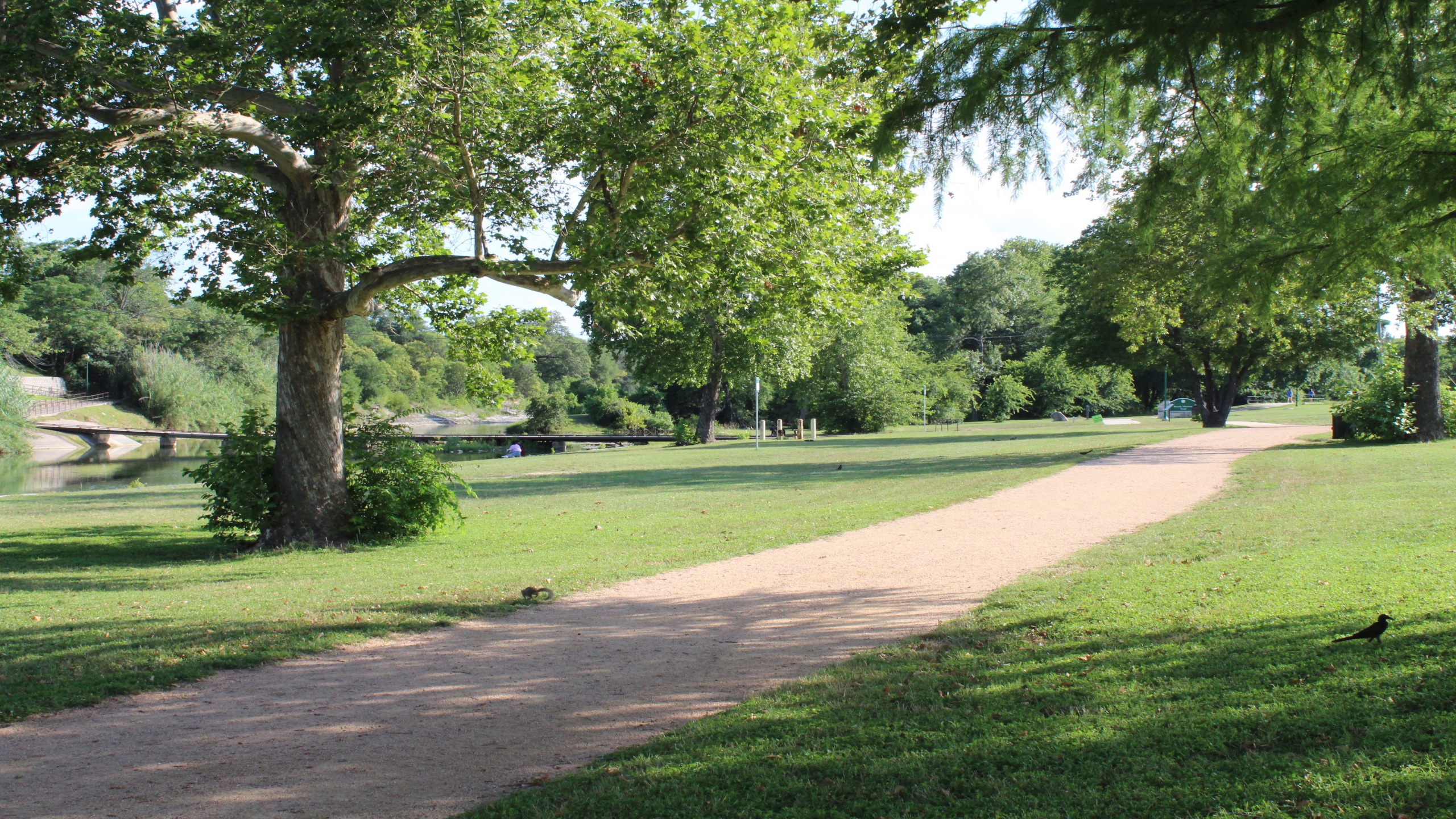Amid the pandemic, the great outdoors are good for the soul
The Great American Outdoors Act is a bipartisan effort pledging to help restore our parks to their former glory and help America rediscover the great outdoors

As the typical college student knows, the pressures of striving for success can leave you searching for a refuge. But as COVID-19 swept through the nation, many of these places became unavailable and social media became united over a rallying cry: “outdoors isn’t closed”. As the pandemic has reinstated the importance of fresh air and a stroll down the block, often the big picture can be lost. America, and especially its students, doesn’t just need a stretch of pavement or a patch of grass in the backyard to conquer their new normal; we need access to nature outside of our normal habitat.
Ordinarily, students attending college are in high stress environments where their minds are occupied by pressures to succeed, their academic performance, and post graduation plans. As a result, APA reports that 61% of students in counseling are reporting anxiety along with 45% reporting stress. Additionally, the students who reported stress the most were those who lived off campus.
As coronavirus developed and classes moved online for the remainder of the year, college students were forced to make the pilgrimage back home to complete their education, statistically increasing their likelihood of feeling stress. This has become especially prevalent, as the Center for Disease Control and Prevention has noted, since outbreaks are proven to add stress and worsen the mental health of those already struggling.
However, there does appear to be a solution. According to many studies, sunlight has been proven to correlate with better emotional health, an elevated mood and even lower stress levels. Exposure to natural light affects the natural serotonin and melatonin cycles in the body. When it senses outdoor light, serotonin is stimulated and produced in high levels. This, in turn, will lessen mental distress and leave you in a better mood.
The CDC touts “[visiting] parks, trails, and open spaces as a great way to reduce stress” as well. This claim is further supported by research saying that simply being outside surrounded by nature can improve emotional well being. The best place to be? Surrounded by greenspace that is outside of your neighborhood.
In a season where uncertainty has become the new normal and stress is a part of day to day life, our parks and protected natural areas are our best resource in combating mental illness.
Despite the important role they play, parks and natural areas have been notoriously underfunded. Typically, they receive money for maintenance and other projects through the Land and Water Conservation Fund (LWCF), which is funded by offshore oil and gas royalties. This was established by congress in 1964 to protect land and create more recreation opportunities so the general public can reap the benefits of time in nature.
With this intention set early, it’s easy to assume that communities watched their parks flourish and used them as escapes from a life spent indoors, however this was not the case. In the years since LWCF was created, it has been short changed over $20 billion. This has led to the deterioration of our refuges and our healing sites as the years have passed.
In an effort to make up for their shortcomings, the Senate has recently reached a new deal that will be coming to a vote in the near future promising that the funds meant for the LWCF will not be diverted. The Great American Outdoors Act is a bipartisan effort pledging to help restore our parks to their former glory and help America rediscover the great outdoors.
As the senate moves closer to calling a vote on this act and as the whole country rushes to get back to ‘normal,’ I am calling on our elected officials to create well thought out and detailed plans of how the parks will be reopened and how the public will be reintroduced with nature. As exciting as it is to embark on the search for greenspaces, it is just as important to keep park workers and other patrons healthy and safe from the ever present threat of COVID-19. With that in mind, my hope is that through the recent hurdles presented by the pandemic, communities around the country will begin to rediscover the value of the outdoors and reinstate a new appreciation for nature.
Maya Clausen is a senior at Southwestern University and an intern with Environment Texas.

